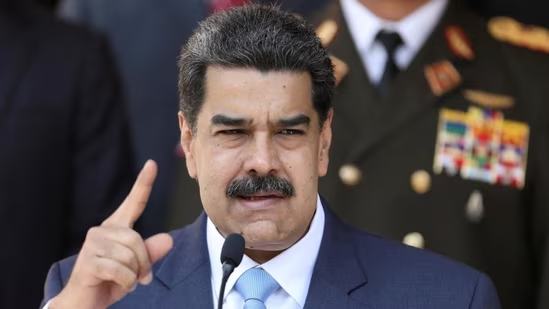Richard Sanders
As global leaders and citizens pay tribute to Pope Francis following his death, China’s reactions have been notably reserved. The Chinese Communist Party, an officially atheistic government with a substantial Catholic population, has had a tumultuous and intricate relationship with the Vatican.
Pope Francis was a pivotal figure in fostering closer ties between the Vatican and Beijing, more so than any of his predecessors. His passing signifies a loss for China, where many viewed him as a respectful and engaging leader. However, the state-run media’s acknowledgment of his death has been minimal. The Chinese government extended its condolences nearly a full day after the Vatican announced the Pope’s passing, only responding when questioned during a foreign ministry news briefing.
“China and the Vatican have maintained constructive contact and engaged in beneficial exchanges in recent years,” said Guo Jiakun, a spokesperson for the Chinese foreign ministry. He added, “The Chinese side is willing to work together with the Vatican to promote the continued improvement of China-Vatican relations.”
This muted reaction highlights the delicate balance of diplomatic ties between the atheist Communist Party and the Holy See. The Vatican, which has not enjoyed formal diplomatic relations with China since 1951, recognizes Taiwan’s sovereignty, a point of contention that exacerbates tensions with Beijing.
In a sharp contrast to China’s response, Taiwan’s President Lai Ching-te expressed his sincere condolences on behalf of the Taiwanese people shortly after the Vatican’s announcement. Taiwan’s foreign ministry also stated plans to send an envoy to attend the Pope’s funeral. This display of solidarity in the face of China’s repressive stance on religious freedoms underscores the geopolitical nuances of their relationship.
Taiwan’s diplomatic ties with the Vatican have remained a thorn in Beijing’s side amid ongoing disputes over the appointment of Catholic bishops within China. Over the years, Pope Francis pursued a controversial agreement with the Chinese government in an attempt to reconcile these differences, yet many within China’s underground Catholic community fear being left vulnerable under the Communist regime’s stringent controls.
The response from Taiwan reflects the island’s ongoing commitment to its democratic values and its reliance on spiritual leadership, contrasting sharply with China’s stringent regulation of religious practice. As the world reflects on the legacy of Pope Francis, Taiwan’s acknowledgment of his influence poignantly highlights the complexities of international relations in the region.



